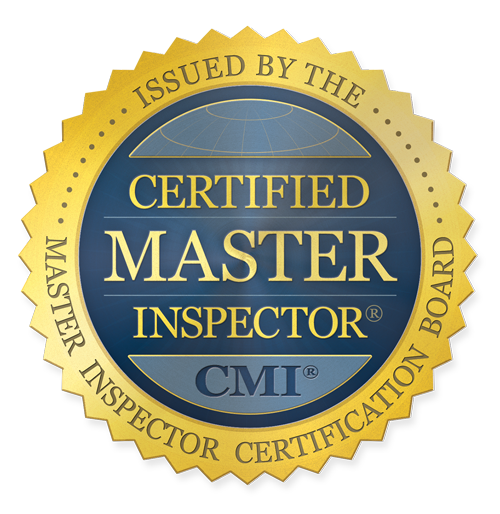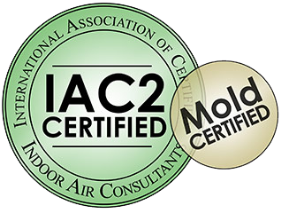Your roof is, perhaps, the most important aspect of your home. The roof protects your home from natural hazards such as rain, hail, sleet, snow, high winds, and extreme heat. Roofing is the first line of defense for your house, and also the most vulnerable as it is exposed to hazardous conditions almost every day.
Home inspectors take extra care in checking the roof, noting the materials used and looking for things like loose shingles, leaking, and water pooling. Issues like mold and water spots inside of the home can also be indicative of roofing issues, and your home inspector will certainly keep an eye out for these.
HVAC
Your HVAC systems keep you cool in the hot summers and warm in the cold winters. If you’ve ever lived in a home without proper heating and AC systems you know how miserable of an experience it can be. Home inspectors will check every aspect of the HVAC systems from the air filters to the thermostats.
One of the most common issues reported with HVAC systems is refrigerant leaks. The refrigerant is what cools the air coming into your home, so a leak can lead to very uncomfortable conditions in the warmer months. Fortunately, the signs and symptoms of a leak are easy to spot for a good home inspector.
Plumbing
Issues with plumbing like leaky or burst pipes can devastate a home, and your finances along with it, which is why home inspectors take a close look at your plumbing and fixtures. Many problems with a home’s plumbing may appear innocuous at first, but if neglected over time can cause thousands of dollars in damages.
Some common plumbing issues that come up during a home inspection are deterioration in the main sewage line, aging water heaters, and leaky toilets. It’s important that these issues be tackled immediately. Something as simple as a leaky pipe could end up rotting the subfloor if left alone.
Electrical Systems
Last but not least is the electrical system which includes the wiring and control panels. During the home inspection, your inspector will look at the main electrical panel to see if it is up to current standards. They will also check the wiring and take note of the material used. Copper conductors are the gold standard and aluminum wiring is generally considered less safe.
The inspector should cycle appliances to ensure that they are all in working order and test electrical outlets for wiring issues with an outlet tester. The goal in all of this is to make sure that there is no faulty wiring and that all control panels are uncluttered and safe to use.
At Super Inspection Pros, we have decades of experience in the home inspection business and we know what to look for. Please contact us today to learn more and to schedule an inspection for your home.

